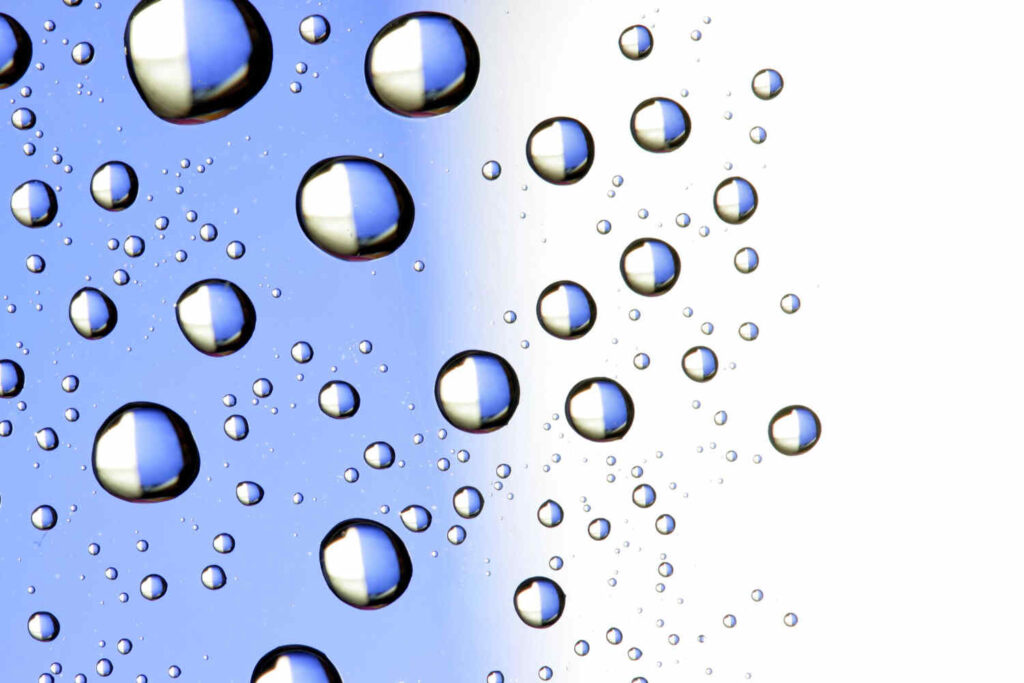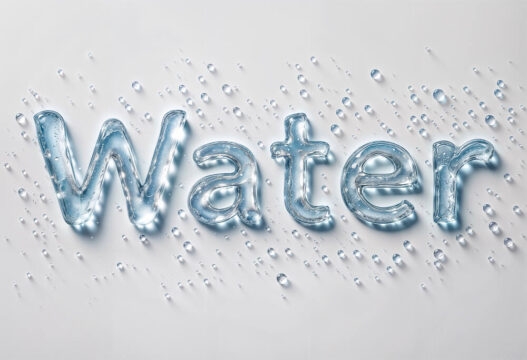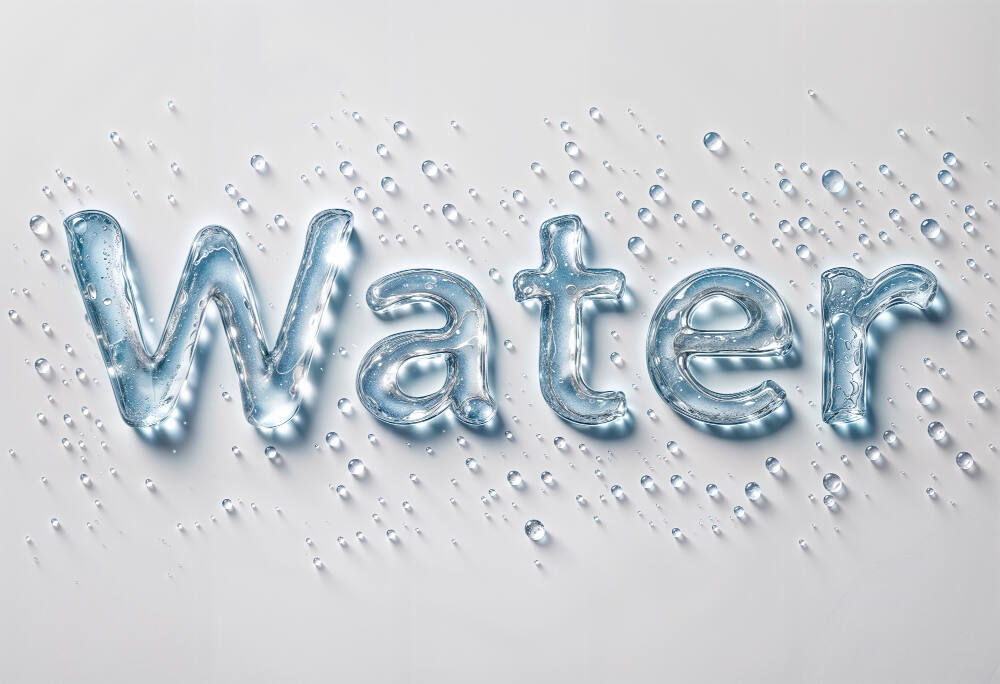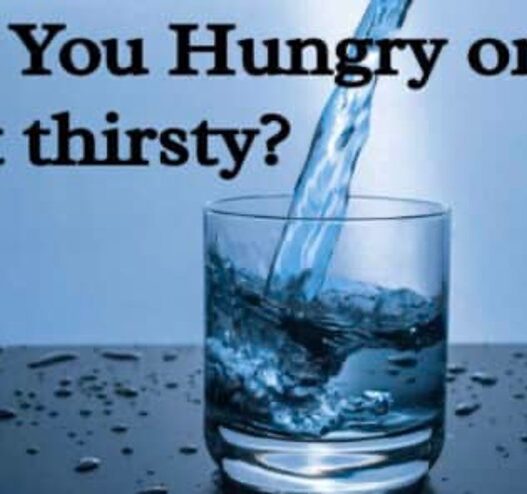Is water wet? Is water wet or dry? The question of whether water is wet has intrigued minds and sparked numerous debates over the years and has been a subject of debate and discussion, particularly in casual conversations and internet forums.
While it may seem like a simple question, the answer largely depends on how one defines the term wet, and the concept of wetness is not as straightforward as it appears. In this blog, we discuss the various perspectives surrounding this enigmatic question to understand the concept of wetness and its relationship with water.
Before we explore whether water is wet or dry, we must first establish a clear definition of “wetness.”
What is Wetness?
In the context of everyday language, something is considered wet when it comes into contact with a liquid, leading to the surface of that object being covered by the liquid. However, this definition can lead to some ambiguity when applied to water itself.
The Wetting Agent “Is Water Wet” Argument
One school of thought argues that water is, indeed, wet. Their reasoning lies in the idea that water is a wetting agent – a substance capable of making other materials wet. For instance, when water comes into contact with a dry surface like a piece of cloth or paper, it imparts moisture to the material, making it wet. From this perspective, water possesses the ability to cause wetness, thus making water itself wet.
Water’s Inherent Wetness
On the other side of the debate, there are those who maintain that water is not wet but rather the cause of wetness in other objects. They argue that the essence of wetness implies being in contact with a liquid. Since water is a liquid, it cannot experience wetness itself. Instead, it is the agent responsible for imparting wetness to other surfaces.
What is Wetness? Is Water Wet?
Wetness is defined as the ability of a liquid to adhere to the surface of a solid. So, according to this if something is wet, this means that the liquid is sticking to the surface of a material.

So, liquid water is not itself wet but can make other solid materials wet.
Some people argue that water is wet because when it comes into contact with another object or substance, it can make that object wet. For example, if you pour water on a dry towel, the towel becomes wet. In this context, water is considered a wetting agent.
On the other hand, others contend that water itself is not wet but rather has the ability to make other things wet. They argue that being wet implies being in contact with a liquid, and water cannot be in contact with itself to be considered wet (1).
One can check the opinion of different people on ‘Is water wet’ here in this link (2).
Is Water Wet? – The Physics Behind It!
Whether something is wet or dry depends on how much the liquid likes to stick together and how much it likes to spread out on a surface.
From a scientific standpoint, the concept of wetness is closely related to the adhesive and cohesive properties of water molecules. These properties allow water to “stick” to surfaces and form a thin layer that we perceive as wetness. When we touch a wet object, we feel the sensation of the water molecules adhering to our skin.
A balance exists between cohesive and adhesive forces. Cohesive forces are attractive forces within the liquid that cause the molecules in the liquid to prefer to stick together and are also responsible for surface tension. Strong cohesive forces make the liquid molecules stay close together and they do not spread on the surface of an object very much.
On the contrary, adhesive forces are the attractive forces between the liquid and the surface of the material. Strong adhesive forces make the liquid spread onto the surface as much as possible. So how wet a surface is dependent on the balance between these two forces. If the adhesive forces (liquid-solid) are bigger than the cohesive forces (liquid-liquid), we say the material becomes wet and if they are smaller, we say the material is dry (1).
Water really likes to stick to itself because of its special way of bonding called hydrogen bonding. So, it’s not the best at spreading out on certain surfaces like acetone or alcohol can. But when it comes to glass, water does stick and spread out nicely. Now, if we want water to spread out even more on a surface, we can add detergents. Those soapy things can make water behave better and reduce how much it wants to stick to itself.
On the other hand, some materials, like Gore-tex fabric, are made to be water-resistant. They’re like water-repellent superheroes! Water doesn’t like sticking to these materials at all. So, when it rains, the water forms little beads and slides right off, keeping you dry (1).
In short, whether water wets or beads up on a surface depends on whether it likes to stick to itself or to the material more. And that’s the science behind being wet or dry!
Comparing Water to Other Liquids
To further understand the intricacies of the argument, let’s compare water to other liquids like oil or honey. If we consider water to be wet, then by extension, all liquids should be considered wet. However, in everyday language, we often differentiate between wet and oily or wet and sticky. This suggests that there might be a difference between water and other liquids when it comes to the perception of wetness.
Conclusion
The question “Is water wet or dry” has sparked intriguing debates across various platforms. While both sides present valid arguments, the interpretation of wetness ultimately hinges on our understanding of the term. If we define wetness as the ability to cause something else to be wet, then water can indeed be considered wet. However, if we perceive wetness as the state of being in contact with a liquid, then the water itself is not wet.
In everyday language and perception, water is more often associated with causing wetness rather than being inherently wet. Nevertheless, the debate will likely continue to evolve as new perspectives and scientific insights emerge.
The debate of “Is water wet or dry” often centres on semantic interpretations and the definitions of words. Ultimately, whether you consider water to be wet or not is a matter of personal perspective and how you interpret the concept of “wetness.” Perhaps, in the end, the question of whether water is wet may be as much a matter of philosophy as it is of science.










